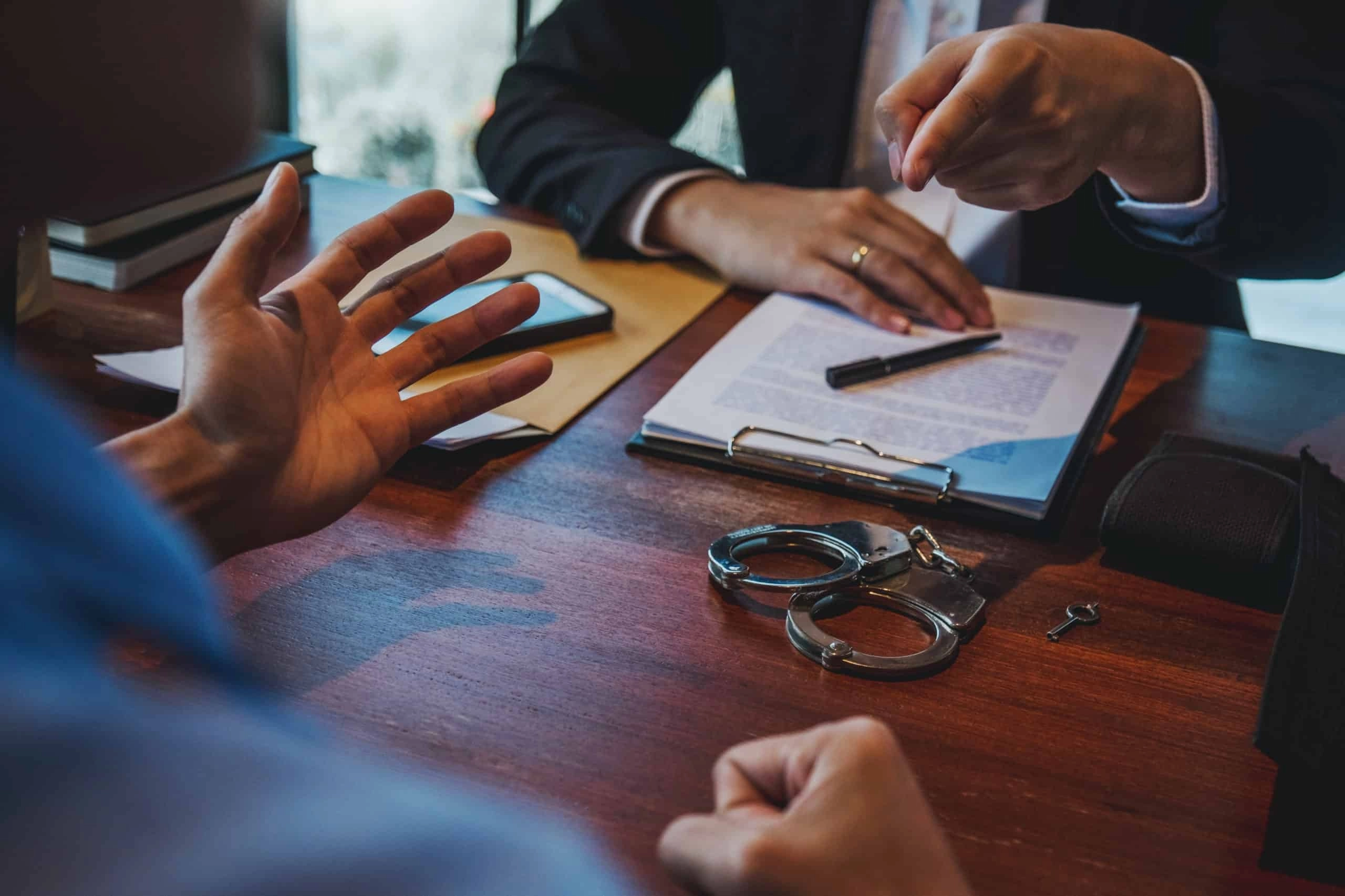If you’ve been charged with a crime—or even think you might be—it’s natural to feel anxious and confused. The criminal justice process can seem like a maze filled with unfamiliar terms, strict rules, and intimidating procedures. But knowledge is power. And understanding what lies ahead is the first step toward protecting your rights.
Here’s a step-by-step breakdown of what to expect during a criminal case, from arrest to resolution.
1. Arrest or Investigation
Your journey through the criminal system may begin with either an arrest or a police investigation. In some cases, people are arrested on the spot. In others, law enforcement may investigate quietly, collect evidence, or ask you to come in for “a few questions.”
Why you need a lawyer now: Whether you’ve been charged or not, this is the time to call a criminal defense lawyer. Early legal intervention can protect you from saying the wrong thing and prevent charges from even being filed.
2. Booking and Bail
Once arrested, you’ll be “booked”—fingerprinted, photographed, and officially entered into the system. Depending on the charge, you may be held in custody or granted bail to secure your temporary release until trial.
Tip: A lawyer can argue for lower bail or help get you released on your own recognisance (a legal promise to return).
3. Arraignment: Your First Court Appearance
At the arraignment, you’ll appear before a judge and be formally informed of the charges against you. You’ll also enter a plea—usually “not guilty” at this stage—and bail may be reviewed again.
With a lawyer by your side: You’ll have someone to speak for you, protect your rights, and start negotiating your case’s path.
4. Pretrial Hearings and Motions
This is where the legal chess game begins. Your lawyer may file motions to suppress evidence, dismiss charges, or challenge police conduct. Prosecutors will also begin sharing evidence (called “discovery”).
Good defense attorneys live here—challenging weak evidence, discrediting witnesses, and strengthening your position long before trial.
5. Plea Bargaining
Many criminal cases are resolved without trial through plea bargains. This means you agree to plead guilty—usually to a lesser charge—in exchange for a lighter sentence or other benefits.
Key point: Your lawyer’s negotiation skills can make or break this stage. A good plea deal can mean the difference between jail time and freedom.
6. Trial (if it comes to that)
If your case goes to trial, get ready for a highly structured courtroom process. It includes:
- Jury selection
- Opening statements
- Witness testimony & cross-examination
- Presentation of evidence
- Closing arguments
- Jury deliberation & verdict
Why experience matters: Trials are complex and high-stakes. A skilled defense lawyer can dismantle the prosecution’s case and create reasonable doubt.
7. Verdict and Sentencing
If you’re found not guilty—congratulations, your ordeal ends here. If convicted, the case moves to sentencing, where the judge decides your punishment.
This isn’t the end: A lawyer can argue for reduced penalties, probation instead of prison, or community service over fines.
8. Appeals and Post-Conviction Relief
Don’t lose hope if the verdict didn’t go your way. You may still have legal options. Appeals challenge errors in the original trial, and post-conviction relief can lead to new evidence or sentence adjustments.
Why legal help remains crucial: Appeals are time-sensitive and legally complex—you need a legal team that’s persistent and resourceful.
Why Choose Al Arabi Law?
At Al Arabi Law, we don’t just represent you—we guide you through every single step of your criminal case. From the moment we step in, we analyze your case, challenge the system where needed, and push for the best possible outcome.
We’ll keep you informed, prepare you for each stage, and never let you feel alone in the courtroom. Whether you’re facing a misdemeanor or a major felony, our goal is clear: protect your freedom and restore your peace of mind.
Final Word
A criminal case isn’t a sprint—it’s a marathon. But with the right criminal defense team, you’re not just surviving the system—you’re fighting back smartly. If you’re unsure what’s next, start by calling a lawyer. And if you’re calling Al Arabi Law, you’re already one step ahead.



